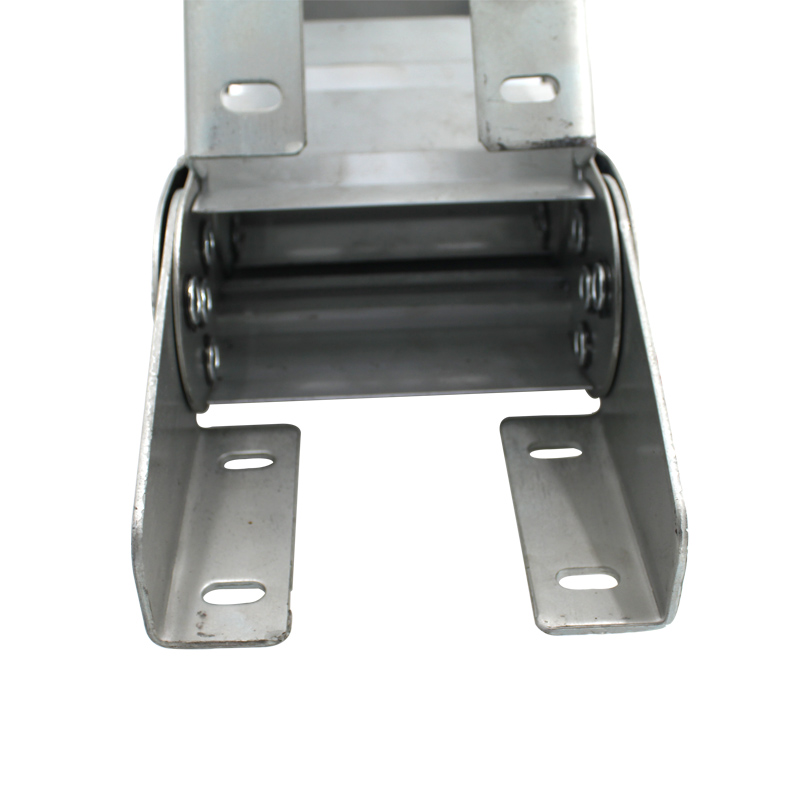Efficient Chip Conveyor Solutions for Optimizing CNC Machine Performance and Production Workflow
The Importance of Chip Conveyors for CNC Machines
In the realm of manufacturing, efficiency and precision are paramount. This is especially true for milling and machining processes that rely heavily on CNC (Computer Numerical Control) machines. These sophisticated tools are designed to produce high-quality components with maximum accuracy, but they also generate a significant amount of waste material, commonly known as chips. Effective management of these chips is critical to maintaining the performance of CNC machines, which leads us to the vital role of chip conveyors.
What is a Chip Conveyor?
A chip conveyor is a mechanical device that is used to remove metal chips and other debris generated during the machining process. These conveyors are designed to handle various types of materials, including metals, plastics, and composites, ensuring that the workspace remains clear and safe. By automating the chip removal process, chip conveyors help maintain the operational efficiency of CNC machines.
Types of Chip Conveyors
Chip conveyors come in several forms, each tailored to different applications and types of CNC machinery. Some common types include
1. Drag Chain Conveyors These utilize a series of links to drag materials along a trough. They are robust and can handle heavy loads, making them ideal for machining operations that produce large volumes of chips.
2. Auger Conveyors Also known as screw conveyors, these are particularly effective for moving finer chips or shavings. They utilize a spiral mechanism to lift the material upwards, helping to transport it to a designated disposal area.
3. Magnetic Conveyors These conveyors employ magnets to move ferrous materials along a belt. They are highly efficient for CNC machines that predominantly work with metal, as they can easily capture and transport iron and steel chips.
chip conveyor for cnc machine

4. Wire Mesh Belt Conveyors These belts are constructed from metal mesh and are often used for applications that require the removal of small, sticky chips or coolant-laden chips, which can easily clog other types of conveyors.
Benefits of Using Chip Conveyors
The advantages of integrating chip conveyors into CNC machining operations are numerous. Firstly, they greatly enhance productivity. Automatic chip removal reduces downtime by preventing the need for manual cleanup, allowing operators to focus on the machining process. This not only streamlines workflow but also leads to increased output and improved productivity levels.
Secondly, chip conveyors contribute to maintaining a safe working environment. Accumulated chips can pose hazards, including tripping risks and potential interference with machinery operation. By effectively removing chips from the work area, these systems help mitigate such risks.
Moreover, proper chip management can extend the life of CNC machines. Excess chips can cause wear and tear on machine components, reducing their lifespan and increasing maintenance costs. By keeping the work area clear of debris, chip conveyors help protect sensitive components, ensuring machines run smoothly over prolonged periods.
Finally, chip conveyors facilitate recycling efforts. Many manufacturers are striving to adopt sustainable practices, and recovering chips for recycling is a part of that endeavor. Chip conveyors can easily transport scrap material to designated bins or recycling centers, promoting a more sustainable machining operation.
Conclusion
In conclusion, chip conveyors play an essential role in optimizing CNC machining operations. By ensuring efficient chip removal, they enhance productivity, maintain safety, prolong machine life, and support sustainable practices. As manufacturers continue to seek higher efficiency and lower operational costs, the integration of advanced chip conveyor systems is likely to become increasingly important in the CNC machining landscape. Embracing these technologies not only improves performance but also positions businesses favorably in an ever-competitive market.








